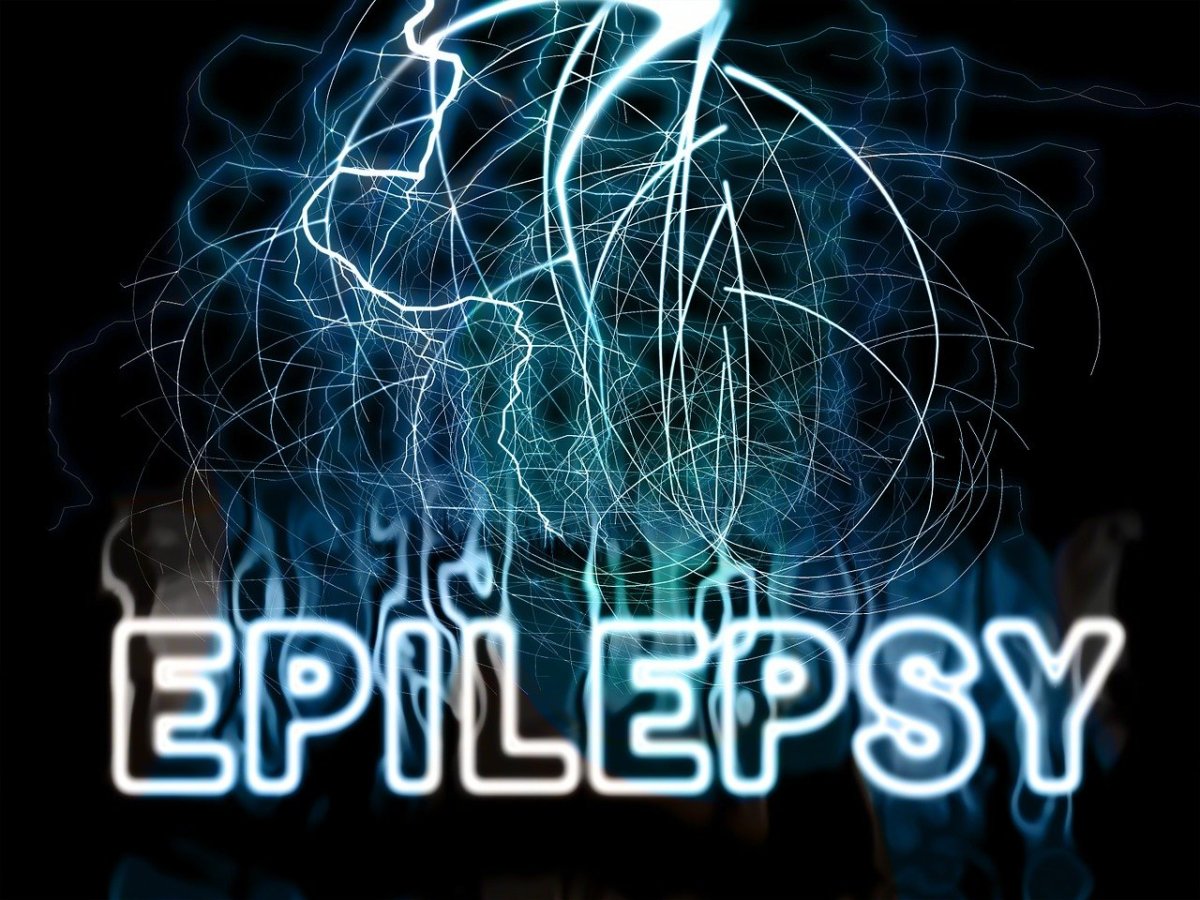Treating epilepsy in dogs
Epilepsy
Epilepsy is a common disorder of dogs, which can have a severe effect on quality of life, and even be life-threatening. There are a number of causes of epilepsy including structural brain disease (malformations, tumours and inflammation), metabolic disease, and so-called "idiopathic" epilepsy which means an underlying cause cannot be found. Idiopathic epilepsy is actually the most common diagnosis in dogs, even after extensive veterinary tests such as MRI scans and spinal taps. Most dogs that have their first seizure between the age of about 6 months and 6 years of age have idiopathic epilesy. Dogs that have other conditions causing epilepsy need that underlying condition treated where possible. Where it isn't possible, or seizures persist despite treatment, or for idiopathic cases, anti-epileptic drugs should be considered.
When should we start treatment?
There is no set in stone right or wrong answer as to when anti-epileptic treatment should be started. The drugs used in treatment have the potential for side effects, and so treatment should not be started lightly. However, there is a theory that each time a seizure occurs, changes in the brain cause seizures to be more likely in the future. Seizures can be life-threatening for example when status epilepticus occurs (a seizure that doesn't stop), and a dog that has experienced status epilepticus should usually be treated long term with anti-epileptics. Not least, the dog's quality of life should be taken into account. Although with a full blown seizure, the dog is often unconscious during the event, it will often feel strange before and afterwards. As a rule of thumb in my vet practice, I recommend starting treatment if:
- seizures occur more than every 2 or 3 months
- seizures are associated with worrying behaviour such as aggression
- seizures occur in clusters (two or more in a short space of time)
- there has been an episode of status epilepticus
- the dog's owner thinks the seizures are badly affecting the dog's quality of life.
When should we stop treatment?
Unless the underlying disease can be treated, most epileptic dogs will require lifelong treatment. It is vital never to stop treatment of an anti-epileptic drug suddenly, unless under the instructions of your vet. Stopping anti-epileptics abruptly can cause "rebound" seizures, which can be severe. Sometimes, if a dog has been seizure free for 6 months or more, I will slowly reduce the doses of anti-epileptic drugs, and if possible withdraw them.
What drugs are used in treatment?
The most common drug used to treat epilepsy in dogs is phenobarbitone, or phenobarbital. This drug takes a couple of weeks to build up to working levels in the blood stream, although an intravenous injection can speed this process up. Different dogs process the drug at different speeds, so a blood test is usually taken after 2 weeks to check it has reached the right level in the blood stream. Short term side effects include an increase in appetite and mild sedation, although these usually wear off over time. In the longer term, liver damage is a possibility, so monitoring the liver parameters with blood tests is recommended.
Another commonly used drug is potassium bromide (KBr). This takes a lot longer to have its full effect than phenobarbitone, up to several months, and again blood tests are needed to make sure it is at the right level. A "loading dose" can be given to speed the process up, but this sometimes makes the animal unwell. Potassium bromide doesn't tend to cause liver problems, but has possibly been associated with pancreatitis, and like phenobarbitone can cause mild temporary sedation. Potassium bromide and phenobarbitone are often used together in cases where one drug alone isn't enough to control the seizures.
More recently, other anti-epileptic drugs have been used, with good success in some cases, either alone or in combination with phenobarbitone and KBr. These include gabapentin, levetiracetam and zonisamide, but these drugs are not licensed for veterinary use, are expensive, and the beneficial effects sometimes get less over time.
Some alternative remedies are occasionally used for the treatment of epilepsy, such as herbal remedies, acupuncture or homeopathy, but the evidence for effectiveness of these treatments varies from weak to non-existent.





